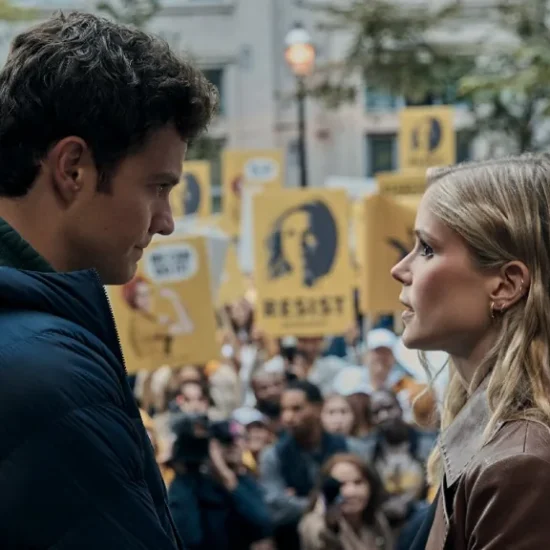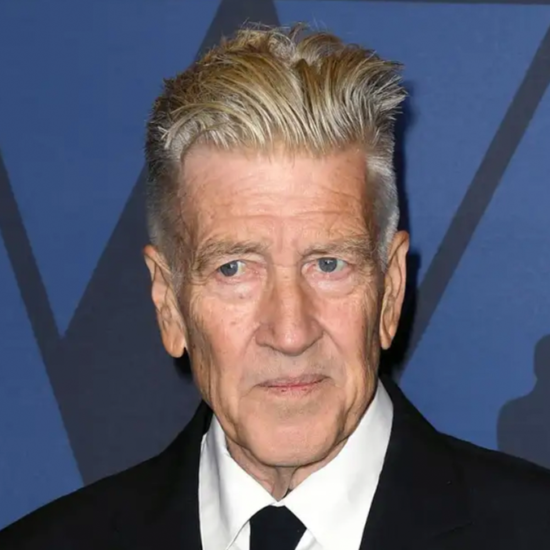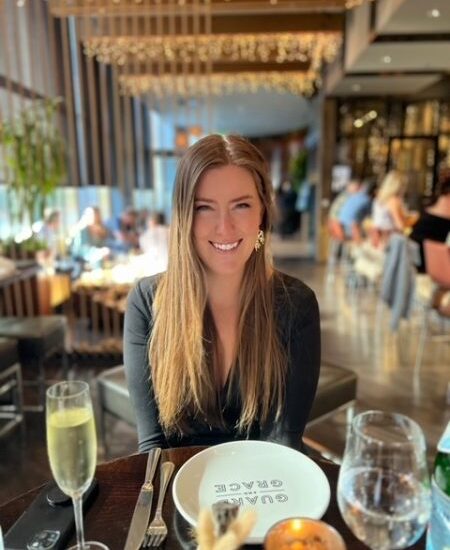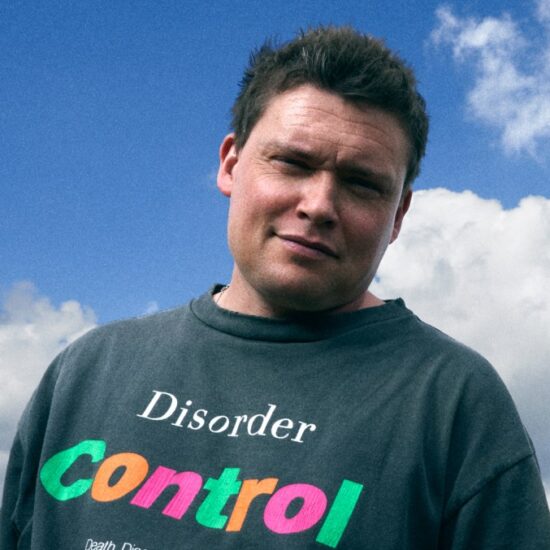
Pictures: Lisa Corson / Netflix
Netflix’s big new fantasy series is here and not only does Sandman looks spectacular but it has a beautifully crafted score from Emmy-nominated composer David Buckley. He is the musical mastermind behind Jason Bourne (2016), Nobody (2021), and various video games such as Call of Duty: Ghosts and Batman Arkham Knight. We managed to speak to him in an interview and gave him 4 of our own questions and 5 questions from the community.
On August 5th, Netflix is bringing us the long-awaited adaptation of Neil Gaiman’s seminal comic, The Sandman; something fans have been waiting for literally decades to finally see in live-action.
The Sandman is a hard story since it jumps between many different genres. One minute we’re watching a historical drama, next it’s a disturbing horror. The story follows Dream — the anthropomorphic personification of dreams — as he goes about his business as the ruler of The Dreaming; the realm we visit when we go to sleep. At the beginning of the series, Dream is captured by a group of occultists and imprisoned for a decade, setting a chain of events that he must amend when he escapes. This genre-hopping extends to the soundtrack too.
We recently got the chance to chat with Buckley about his work on Netflix’s The Sandman. Check out our interview, which includes questions from fans and cast member Mason Alexander Park, who plays Desire in the series!
WoN: How familiar were you with the Sandman comics before working on the TV show?
I was familiar with the character and the story, but I hadn’t read any of the comics. One of the first things I did was download the comics to my iPad and immerse myself into Neil Gaiman’s world.
WoN: How much of a challenge was it to write a score for Sandman? A show as genre-hopping as this must demand a lot of musical styles.
Yes, it was hugely challenging because it does move all over the place. But what initially seemed daunting eventually became pleasurable; the varied landscapes provided fresh musical opportunities. Nevertheless, a big part of what I had to do was provide consistency and a musical through-line so that the score didn’t sound too erratic and jumbled as we move from one story/episode to another.
WoN: What was your creative process for composing the show?
Same as always, really: listen to the showrunner and creators of the show. They have inhabited this world for way longer than me – I’m one of the last people to turn up to the party! It’s not that I am waiting for orders and expect to be told what to do: that didn’t happen, thank god. But it’s super important I hear about their journey and truly understand what they are trying to do and what they are trying to make the audience feel. Then it’s a case of trying ideas, sharing with the team, and seeing what sticks and what doesn’t. There was quite a bit of time on this one, although one could always do with more. It took a while to establish a tone, but when we did there was a general sense of relief that the score was helping with the storytelling and helping to create a specific world for our characters.
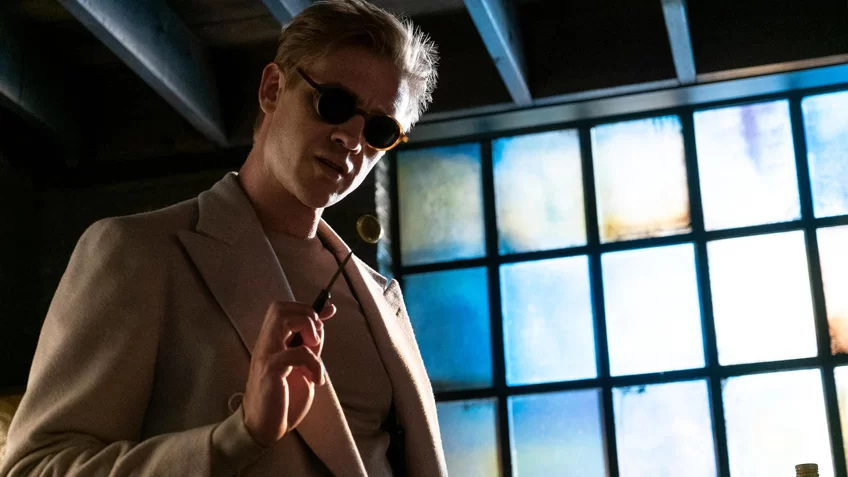
Picture: Warner Bros. Television / Netflix
How was the collaborative process between yourself and the rest of the Sandman team?
Allan Heinberg, the showrunner, was my guide, friend, confidant and so much more on this project. He pooled all the notes from the various parties (there were a few) and helped me navigate a way to make everyone happy while also holding onto the vision he and I discussed at the start of the project. I was also helped enormously by Andrew Cholerton, one of the producers, who would share the ups and downs of the composing process during any time of the day or night. The project was vast, in all senses of the word, and having these seasoned and collaborative professionals on my side was truly a blessing.
Questions Submitted by Fans (and a cast member!)
Mason Alexander Park (who plays Desire in the show): How would you describe Desire’s musical motif?
I’d say, dark and a bit sexy. Slightly weird and warped vocals. It’s one of my favorite themes for the show.
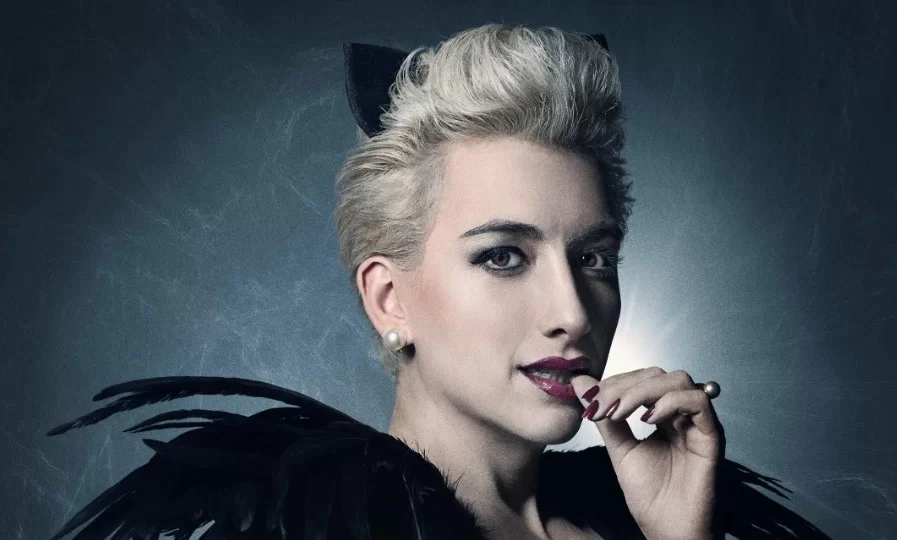
Desire in The Sandman – Picture: Netflix
Swirly (@SwirlingThings): Dream can often behave very differently depending on which other characters he’s interacting with. How did you incorporate this into the soundtrack?
Dream has a main theme – a melodic idea. I wrote it knowing it had to operate in many different settings: haunting, dramatic, melancholic, and triumphant being just a few sentiments that immediately come to mind.
Anthro (@Anthrossandman): Do you have specific instruments that you associate with certain characters, and if you do, how did you incorporate that into the soundtrack?
There are some yes. Morpheus is often accompanied by a viola da gamba, doubled with an analogue synth. Desire has processed vocals. The Corinthian has a slightly other-worldly trumpet motif. Johanna has a solo cello melody. But there is a full orchestra there too to utilize when I need a bigger, more cinematic sound.
Jess (@355Jess): Was there a theme, in particular, that was fun to compose?
I really enjoyed writing a theme for some characters in episode 9. The track is called God Tells Me to Do It.
Sharmi (@KeyleenKT): Are there any details that the listeners may not notice, but you would like to draw attention to?
That’s a hard one to answer as I finished scoring this some months ago, and there was a lot of music – I think 8 or 9 hours all in all. There are probably a few things I could comment on here, but I don’t want to give away any spoilers. Ask me again in a few weeks!
All ten episodes of The Sandman are available for streaming on Netflix from August 5, 2022. Want to learn more about who’s starring in the show? Check out our cast guide and get started.









